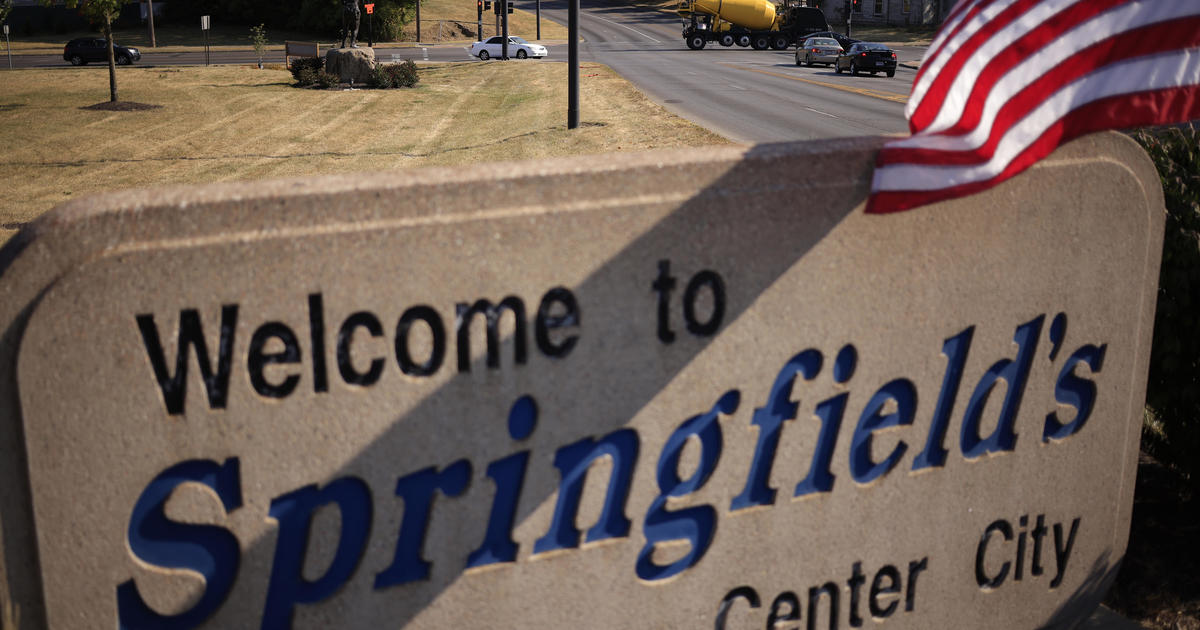In recent news, Ohio senator and Republican vice presidential candidate JD Vance made baseless claims that Haitian immigrants had caused infectious disease rates to “skyrocket” in Springfield. However, local health commissioner Chris Cook checked the records and found that while there were increases in some diseases like active tuberculosis and HIV cases, overall reportable infectious diseases to the health department were decreasing. Cook emphasized that the rhetoric of “skyrocketing” rates was not accurate, as there were only 190 active cases in all of Ohio in 2023.
The situation in Springfield has been tense, with bomb threats leading to the closure of schools and public buildings after former President Donald Trump falsely claimed that Haitian immigrants were stealing and eating household pets. These claims were further amplified by Vance, prompting city and county officials to dispute the allegations made during a debate with Vice President Kamala Harris.
Ohio Governor Mike DeWine, also a Republican, has taken a different stance, recognizing the economic contributions of immigrants to Springfield. Many Haitian immigrants arrived in the town to fulfill labor needs in businesses, which had seen a decrease in the local population.
Amidst the political turmoil, the response of Springfield and the surrounding area to the influx of Haitian immigrants has been commendable. Local health institutions have worked to address the needs of this new population, who often lacked basic public health care and struggled to navigate the U.S. health system. Catholic charities, philanthropies, volunteers, and county agencies have collaborated to provide essential services and connect immigrants with healthcare providers.
One example of this collaboration is the addition of Haitian Creole interpreters at a community health center and the establishment of a refugee health testing clinic for immunizations and basic health screenings. A coalition of groups dedicated to aiding the Haitian community was formed to identify and respond to their needs, with a significant increase in participation following the false claims made by Trump and Vance.
The influx of Haitian immigrants to Springfield is a result of various factors, including natural disasters, political unrest, and ongoing violence in their home country. Many immigrants faced challenges accessing healthcare in Haiti, leading them to seek treatment in the United States. However, the transition to the U.S. healthcare system posed challenges for both the immigrants and local healthcare providers, who had to adapt to different cultural practices and expectations.
Healthcare facilities like the Rocking Horse Community Health Center saw a surge in Haitian patients, leading to the hiring of interpreters and the implementation of specialized programs to cater to their unique needs. Despite the challenges, the healthcare community in Springfield has remained committed to providing quality care to all residents, regardless of their background or immigration status.
The increase in Medicaid enrollment in Clark County reflects the growing population of Haitian immigrants and the need for affordable healthcare options. Governor DeWine’s pledge of $2.5 million to support health centers and address community needs demonstrates a commitment to providing essential services to all residents, regardless of their immigration status.
Despite the challenges and false narratives surrounding Haitian immigrants in Springfield, the community has come together to support and care for their new neighbors. By working collaboratively and focusing on providing essential services, Springfield has shown resilience and compassion in the face of adversity. The efforts of local organizations and healthcare providers highlight the importance of inclusivity and cultural sensitivity in delivering healthcare to diverse populations.









